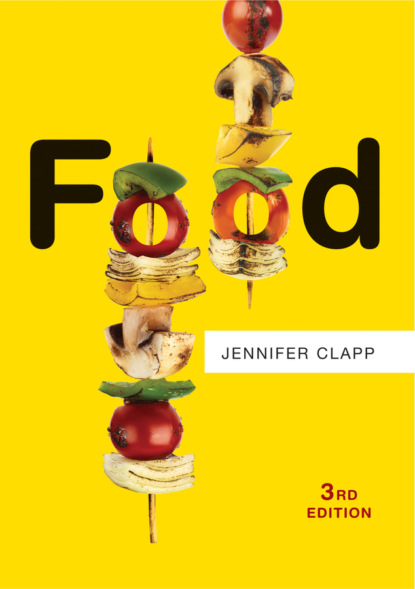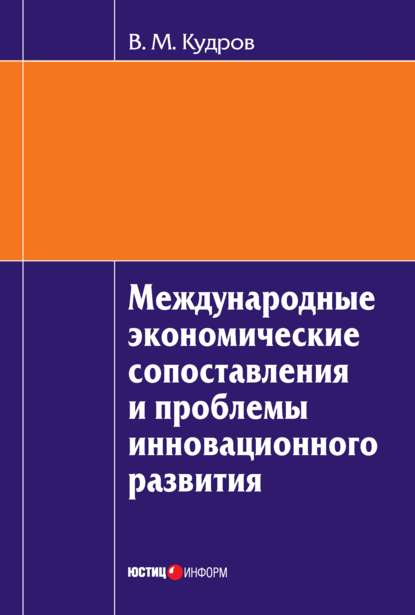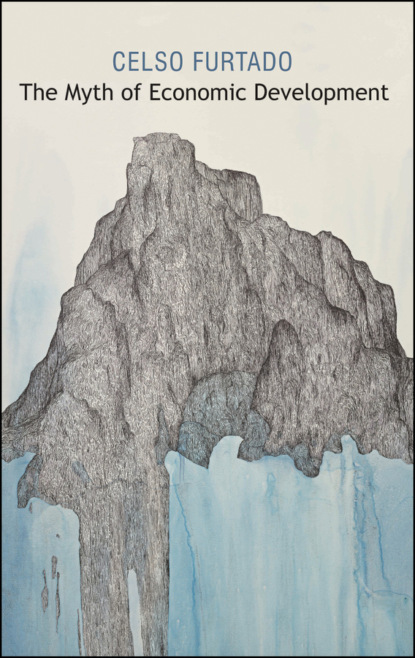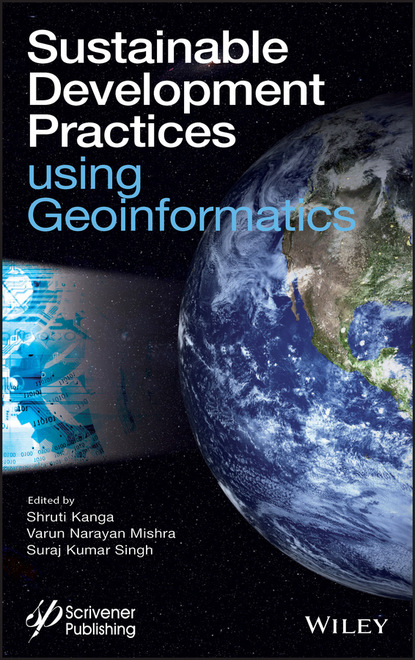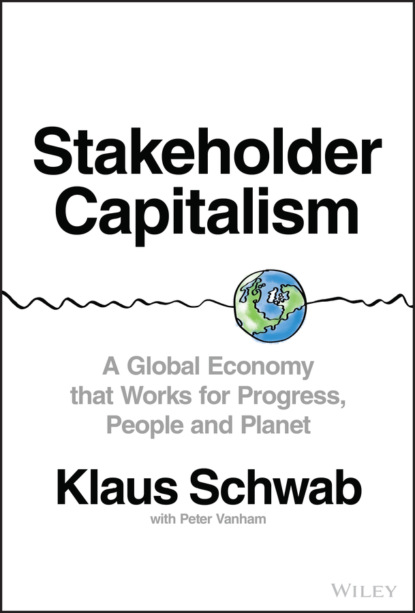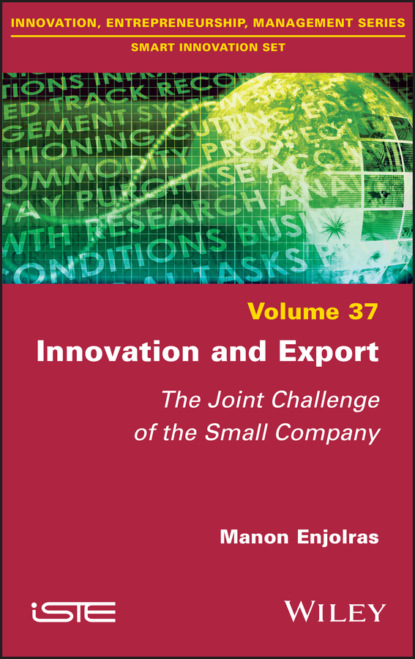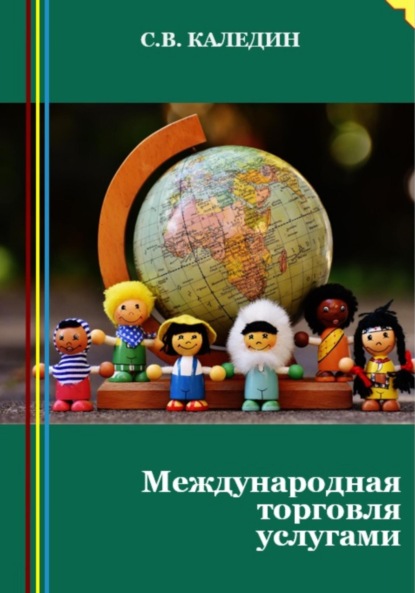Книга "Food" рассматривает важный аспект нашей жизни – пищу, которая является необходимой для выживания каждого человека. Сорок процентов населения планеты зависит от сельского хозяйства для своего пропитания. Однако контроль над продовольствием сконцентрирован в руках немногих. Недавние потрясения в мировой продовольственной экономике подчеркнули ряд уязвимостей и противоречий, присущих текущей организации этого жизненно важного сектора. Экстремальное недоедание и избыточное питание затрагивают значительную часть человечества. Попытки увеличить производство путем распространения промышленной модели сельского хозяйства привели к серьезным экологическим последствиям.<br /> <br /> Полностью переработанное и расширенное третье издание этой популярной книги исследует, как развитие промышленного сельского хозяйства, корпоративный контроль, несправедливые правила торговли сельскохозяйственной продукцией и финансовизация пищи позволили мощным участникам получить фундаментальное влияние на практики, которые доминируют в мировой продовольственной экономике, и привели к неравномерным последствиям для людей и планеты. Появилось множество движений, которые делают важные шаги в создании альтернативных систем питания, но, как показывает глубокий анализ Клэппа, остаются значительные проблемы и сложности.
This widely-used text explores the role of food in human life and the growing role played by several powerful actors in shaping the global food economy. This third edition includes updated chapters covering the latest developments such as the economic crisis and its impact on the food system. The discussion of alternative food and agricultural systems offers new insights into the potential for change, while the author's compelling analysis makes the case for greater transparency and public participation in governance of the global food system.
Электронная Книга «Food» написана автором Jennifer Clapp в году.
Минимальный возраст читателя: 0
Язык: Английский
ISBN: 9781509541782
Описание книги от Jennifer Clapp
We all need food to survive, and forty percent of the world’s population relies on agriculture for their livelihood. Yet control over food is concentrated in relatively few hands. Turmoil in the world food economy in recent decades has highlighted a number of vulnerabilities and contradictions inherent in the way we currently organize this vital sector. Extremes of both undernourishment and overnourishment affect a significant proportion of humanity. And attempts to increase production through the spread of an industrial model of agriculture has resulted in serious ecological consequences.<br /> <br /> The fully revised and expanded third edition of this popular book explores how the rise of industrial agriculture, corporate control, inequitable agricultural trade rules, and the financialization of food have each enabled powerful actors to gain fundamental influence over the practices that dominate the world food economy and result in uneven consequences for both people and planet. A variety of movements have emerged that are making important progress in establishing alternative food systems, but, as Clapp’s penetrating analysis ably shows, significant challenges remain.
